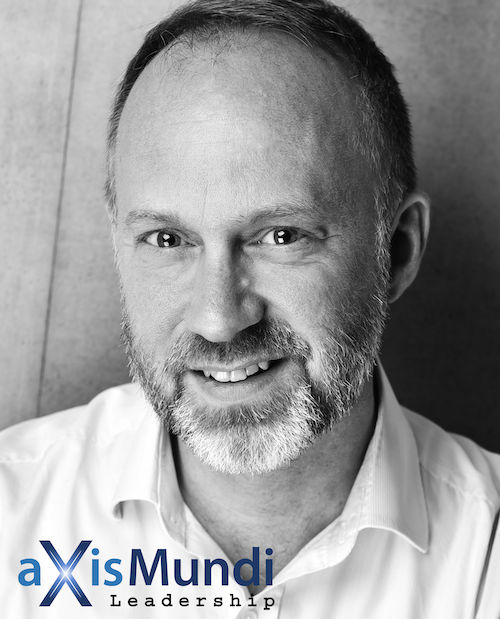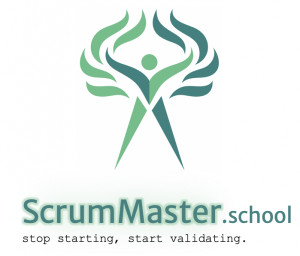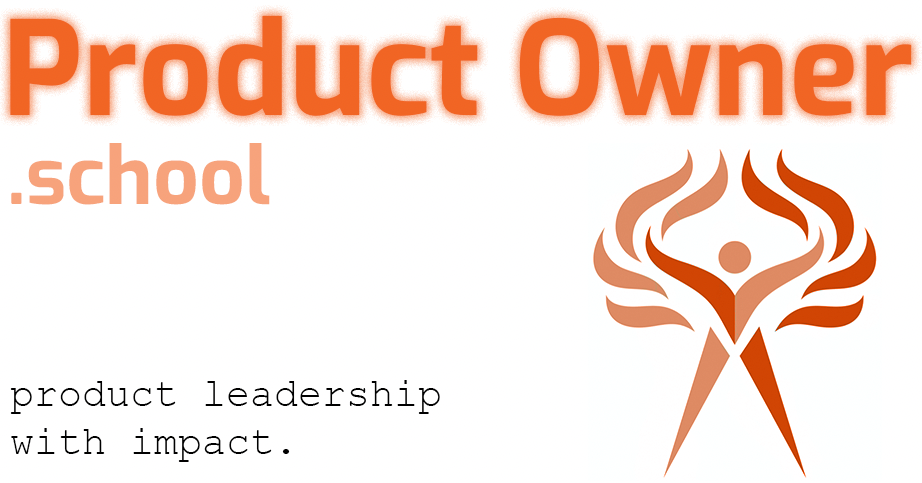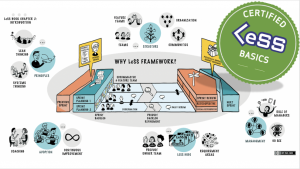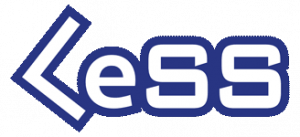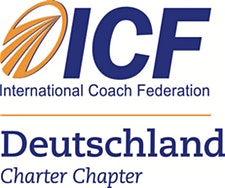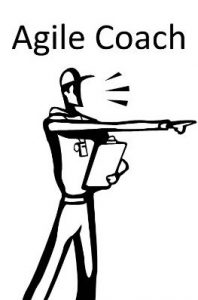
The role of the Agile Coach is special with respect to the fact that it is build upon two independent pillars of expertise and qualification. The first one is agile expertise and the second is the advanced ability to consult based on the coaching habit. In this article I will elaborate on the challenges involved in getting those two dimensions aligned with the ultimate goal to help the client effectively.
the Agile Coach as an agile expert
The level of expertise of the Agile Coach is built upon various pillars. First of all, he is an expert in agile methodologies. But what does this mean, and how do you actually become such an expert? Is it enough to read some popular books and acquire some certifications from Scrum Alliance or scrum.org on top? Certainly not. Two more levels of engagement are required.
diverse experience: It is essential that you went thru a pretty long journey and contributed to a number of companies and contexts by helping them to adopt agility. That probably includes a lot of failure, and hopefully some success stories.
beyond a given role: you gained your experience not only in a single role, but in multiple (different) roles such as Scrum team member, Scrum Master, Product Owner or agile leader.
To summarize, it’s the variety of perspectives that actually allows him to grow a vision of agility that is beyond a given context. It allows him to create abstract patterns of agility in his mind.
failing and learning to deal with uncertainty
The aspect of pain is crucial. You can certainly question that pain has a value per se. For Buddhists, in some contexts, pain is taken as a gift that is essential for personal growth, whereas western people perceive pain as an obstacle that you want to get rid of by any means. When you have headache, you take Aspirin. Period. But for the Agile Coach, the pain of failures is a fundamental instrument that helps him to increase his sense of agility and thus detaching from a given context. Showing the capacity to deal with failures, again he facilitates his idea of agility beyond the given context.
In an agile working mode, failure is not just accepted, it is an integral part of the working model, that lays the ground and eventually leads to success. That way the feeling of pain eventually is replaced by a sense of value for uncertainty.
community engagement
Agile is genuinely social and collaborative. Agile is about refraining from the ego and to believe in the power of the collaborative mind. agile is about putting the value in the center and not to think in terms of people’s power.
Hence, it is essential to be active in and contribute to the agile community. You actually are an agile actor by contributing. Advanced contributors not just contribute, they invent their own model or framework for contribution. This could mean organizing a regular conference or meet-up, inventing a game to practice the agile mindset or contributing a practical framework for collaboration.
the Agile Coach as a coaching expert
I pretend, it is impossible to fully adapt the agile mindset without appreciating the value of the coaching habit as a suitable means to convey agility to the client. From both perspectives, as an agile evangelist with an advanced sense of agility, and as a solution-focused coach, you have a steadfast believe that firstly the client has the best knowledge of his problem domain and as an outsider naturally you don’t have the ability to gain a fully complete picture, and secondly you have the imperturbable believe that the client and only him has the prerequisites in place to develop a solution for his matter of concern.
the mindset of the agile manifesto and the coaching habit are aligned
While it is clear that both dimensions of expertise, agile and coaching, have an independent background, it is noticeable that the agile mindset is fully aligned with the coaching habit. You can’t „treat people as adults“ when you act as the expert and spoon-feed solutions to the adults. When you do that, you rescue people and make them victims at the same time. That’s not agile. And it’s not coaching either.
To word it from the other perspective: when you, as a coach, are convinced that your client has the best ability to find the the answer and the solution to his matter of concern on his own, you actually do “treat him as an adult“. In that sense, the coaching habit is fully aligned with the mindset of the agile manifesto. It is this alignment that actually makes the role „Agile Coach“ consistent and purposeful.
the consulting approach of the Agile Coach: the agile coaching habit
Obviously there is one major question left, and it’s anything but a minor question. You can maybe call it the ultimate challenge of the Agile Coach. When the Agile Coach accepts that he will never achieve a fully complete picture of the problem domain of the client, and furthermore that it is the client himself who has the prerequisites in place to develop a solution, how does the Agile Coach actually convey his expertise?
This is the central challenge that I want to discuss in this article. Which questions need to be raised to discuss a possible solution?
the coach as the expert consultant: rescuers create victims !
What if the client has an understanding of the role of the coach that differs from the coaches understanding? What if for the client “coaching” is just a new word for an ordinary expert consulting approach? Sonja Radatz (Beratung ohne Ratschlag, Consulting without Advising) identified back in 2001 that, “the word ‘coaching’ is often misused for all kind of approaches that direct the client to adopt a certain notion or to change his behavior” (my translation). Under this assumption, the client will approach his coach in the following way:
“YOU tell me what is my problem, and it’s YOU who is in charge to solve the problem !” (S. Radatz, my translation)
As a matter of fact, this is the expert position – implicitly hitchhiked by the word “coaching”. The consultant is spoon-feeding the client with solutions. In the following I will discuss the perspectives of the expert consultant and the client in such kind of spoon-feeding consulting approach.
coaching as the expert consultant: the client perspective
A professional Agile Coach must be aware that a client with such understanding of coaching operates in the following thinking patterns:
- I am not good enough with respect to the matter in concern.
- I cannot solve it, or I cannot solve it fast enough.
- Someone else can solve it better, faster and more efficient.
- I do not want to solve it.
- I pay the consultant (“coach”) to deliver the solution.
- I want to see how other people approach the problem.
- I want to see how others fail like I failed.
- I want to save some time by passing over the matter of concern to the consultant (“coach”).
- ” ‘Coach’, you take the responsibility to solve the problem !”
(S. Radatz, my translation)
coaching as the expert consultant: the consultant’s perspective
On the other side, Radatz also puts the habit, the assumptions, and the patterns of thinking of the expert consultant in a nutshell:
- I satisfy the enquiries of my client.
- I am the expert, so I must know it.
- My purpose with the client is to solve this problems.
- Now it’s my turn to distinguish myself and gain recognition.
- The more answers I give, the more respect I get from my client.
- If my client would be able to solve the problem himself, he would not ask me.
- I must show him that I am better than him, otherwise I will be unable to hold on to my expert status.
(S. Radatz, my translation)
benefits of the consultant with the expert habit
Radatz identifies three major areas of benefit for the consultant with the expert habit:
- it allows him to document his activities as an expert well
- it allows him to demonstrate to the client that he has the problem domain under full control
- he provides a feeling of efficiency to the client (problems are solved faster by the expert compared to one of the clients).
drawbacks for the consultant with the expert habit
There are however some major drawbacks for the expert consultant involved. He is under constant pressure to find answers for all challenges and questions that are popping up and his in turn can easily lead to burn-out syndromes.
the cyclic dynamics of the expert role
Radatz points out perfectly correct, that the behavior of the consultant in the expert role pushes him to stay with that approach and it’s difficult to “escape” form that habit. The more he acts as an expert, the more challenging it becomes for him to change his approach. I’d summarize the working model of the “coach” in the expert position as the “rescuer that creates victims” (Michael Bungay-Stanier, The Coaching Habit, 2016).
defining how to convey agile expertise by applying the agile coaching habit
The agile solution-focused coaching approach gives fundamental benefits to both the client and the coach. Very practically speaking, when the coach is liberated from the obligation to deliver solutions to the client, he prevents a potential burnout and he can help to focus more on the process-level that drives the solution of the client. From the client perspective, the major benefit is that his trust in himself is strategically accelerated.Thus, the solution-focused (systemic) Agile Coach ensures that the client can operate independent from him at any point in time.
overcoming the anxiety of becoming dispensable and losing recognition
An “Agile Coach” who is used to deliver expertise by offering solution statements to the client might easily run into a substantial feeling of being doomed when he is challenged to replace his pushing-approach with process-oriented service. He is instantly losing his sense of delivering value to his client and typically that’s a tough challenge to him and many actually fail to cope with it.
solution framework: selling the process support as the deliverable
It’s again Sonja Radatz (2001) who gives us, the Agile Coaches, the framework that can be applied to our domain of profession. The framework basically consists in finding the way to “sell” our expertise process-wise:
“The fear [of becoming dispensable] can only be overcome, if the Coach succeeds to position the process support as his core competence and to convey the idea that limiting the delivery to supporting the client actually does not mean a lack of expertise, rather, and in contrary, this is a special additional expertise: an expertise that is applied when you want to build up both responsible behavior and knowledge in a sustainable way.” (my translation)
This, I pretend, gives us, the Agile Coaches, the guidance to develop a coaching approach that fits to our domain and context, which is agile product development and agile leadership.
Credits
Many thanks to friends and colleagues Josef Scherer, Sabine Canditt, George Thoumas, Anton Zotin and Marco Toscano for reviewing this article and contributing feedback. Please notice that the notions presented here are entirely my own and do not necessarily reflect the notions of the reviewers.

